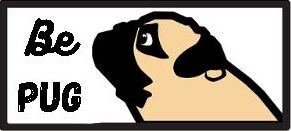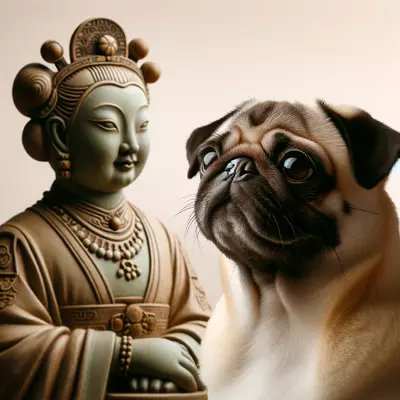Best Name for a Pug: Adorable Ideas for Your Pup

Choosing the perfect name for your pug can feel like a big decision. These charming, wrinkly-faced companions deserve a name that reflects their personality, appearance, or even their playful quirks. Whether you’re bringing home a new pug puppy or renaming a rescue, finding the right name is an exciting part of the journey.
Why Choosing the Right Name Matters
A good name helps with training, builds a stronger bond between you and your pug, and gives your furry friend an identity that suits their personality. Since pugs are known for their affectionate nature and comical antics, the name should reflect their lovable charm.
Best Pug Names Inspired by Personality
Pugs have bold, unique personalities packed into their small bodies. Here are some personality-inspired names:
- Gizmo – Perfect for a curious and mischievous pug.
- Waffles – Ideal for a pug who’s as sweet as breakfast.
- Chunk – For a stocky pug with extra rolls of cuteness.
- Ziggy – Great for an energetic pug that’s always zooming around.
- Mochi – A soft, squishy name for your cuddly companion.
Pug Names Inspired by Appearance
Pugs have distinct looks — from their signature wrinkles to their curled tails. Here are some fitting names:
- Wrinkles – A playful nod to their adorable face folds.
- Smudge – Perfect for black or dark-muzzled pugs.
- Pebbles – Great for a small and speckled pug.
- Cocoa – An ideal pick for a fawn-colored pug.
- Sable – A sophisticated choice for pugs with rich brown hues.
Funny and Quirky Pug Names
Pugs have a knack for making their owners laugh, so why not pick a name that highlights their silly side?
- Sir Snorts-a-Lot – Perfect for a pug’s snuffly breathing.
- Potato – Because sometimes, pugs just want to lounge like one.
- Yoda – Inspired by their wise and wrinkly faces.
- Bean – A simple yet funny name that matches their small size.
- Pugsley – A classic and charming pug-inspired name.
Pop Culture-Inspired Pug Names
For movie buffs, TV fans, or book lovers, these pop culture-inspired names are sure to stand out:
- Dobby – Inspired by the lovable house-elf from Harry Potter.
- Thor – A powerful name for your mighty little pug.
- Frodo – A fun tribute to The Lord of the Rings hero.
- Loki – Great for a mischievous and clever pug.
- Winnie – Inspired by Winnie the Pooh’s cuddly nature.
Tips for Choosing the Perfect Name
- Keep it short and simple. One or two syllables make it easier for your pug to recognize.
- Avoid names that sound like common commands. For example, “Kit” may sound like “sit.”
- Try it out. Repeat the name a few times and see how your pug reacts — their response may tell you everything.
Conclusion
Finding the best name for your pug should be a fun and thoughtful process. Whether you choose something cute, funny, or meaningful, the most important thing is that it feels right for you and your furry companion. Take your time, enjoy the journey, and soon enough, your pug will be responding to their perfect name with tail wags and happy snorts.






